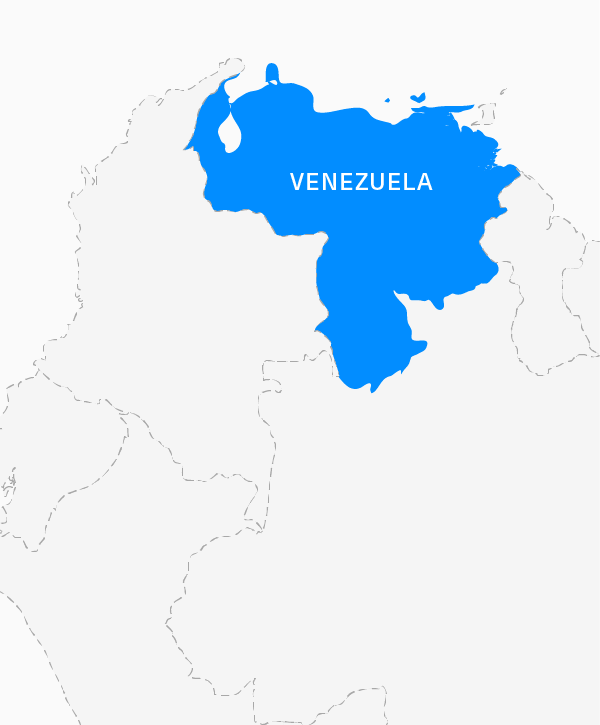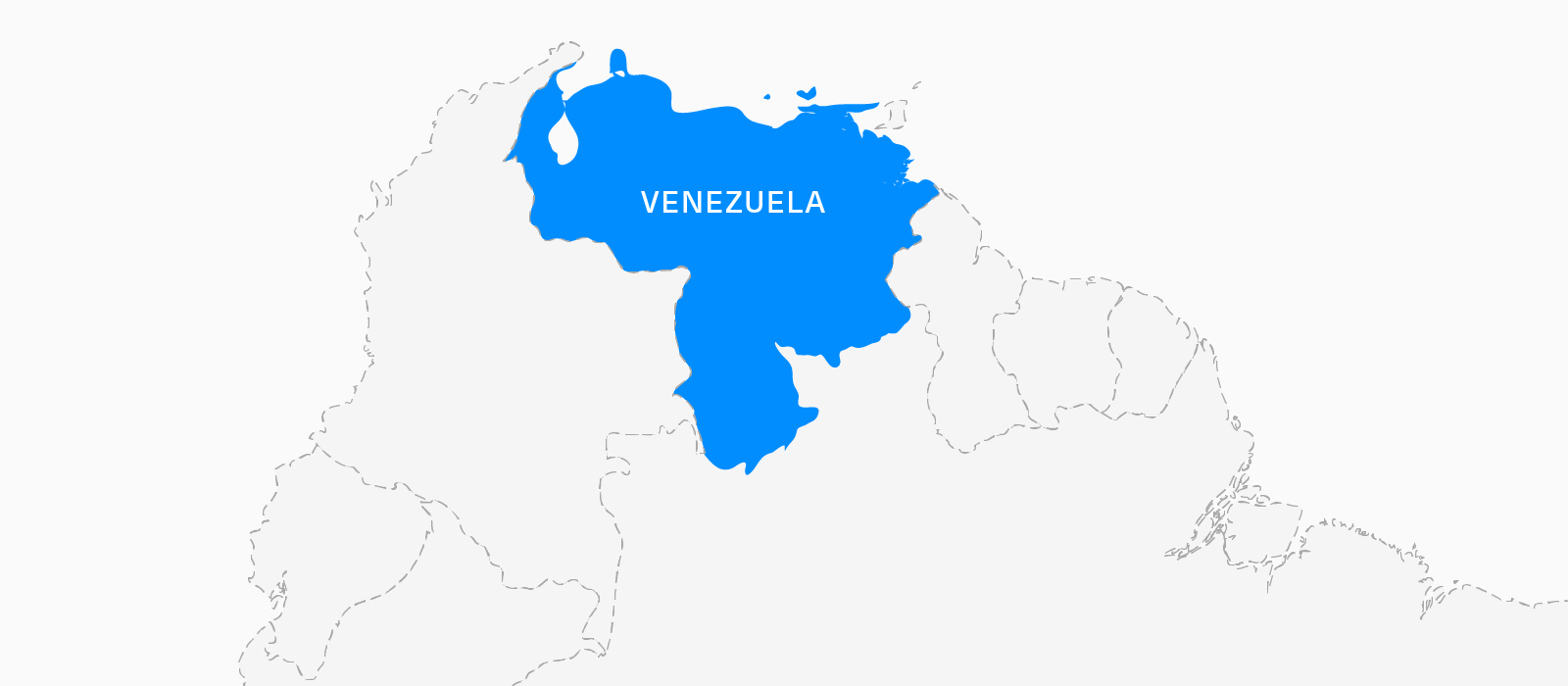“Out of sheer desperation I’ve decided to walk," she said, "so I can take care of my children back there who are still alive.”Yolanda Pimentel, Venezuelan mother of three who left her country by foot.
Venezuela has been reeling from a profound political, economic, and human rights crisis. With over 7.7 million people forced to leave their home, Venezuela has surpassed war-torn Syria and Ukraine as the top country of origin for refugees worldwide. In the United States, hundreds of thousands of Venezuelans live with the daily risk that they could be deported back to the conditions they fled—a deadly tragedy the Biden administration can avert by redesignating and extending Venezuela for Temporary Protected Status (TPS).
Congress created the TPS program to provide protection from deportation and work authorization to individuals from designated countries that face unsafe conditions in their home countries due to armed conflict, natural disasters, or other extraordinary and temporary conditions. The Biden administration designated Venezuela for TPS in 2021, citing “a complex humanitarian crisis marked by widespread hunger and malnutrition, a growing influence and presence of non-state armed groups, repression, and a crumbling infrastructure.” They extended this designation further in 2022.


